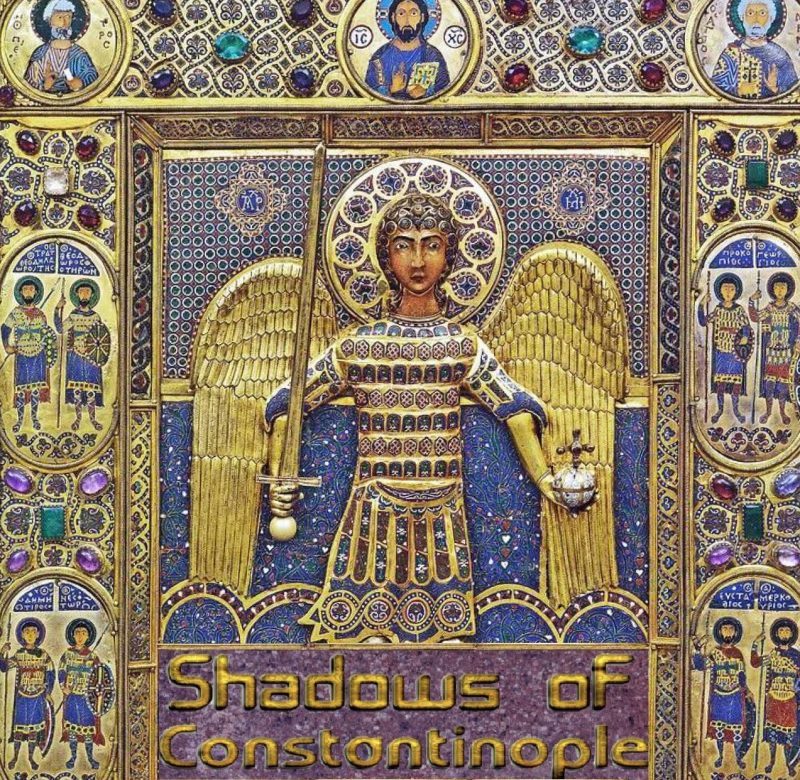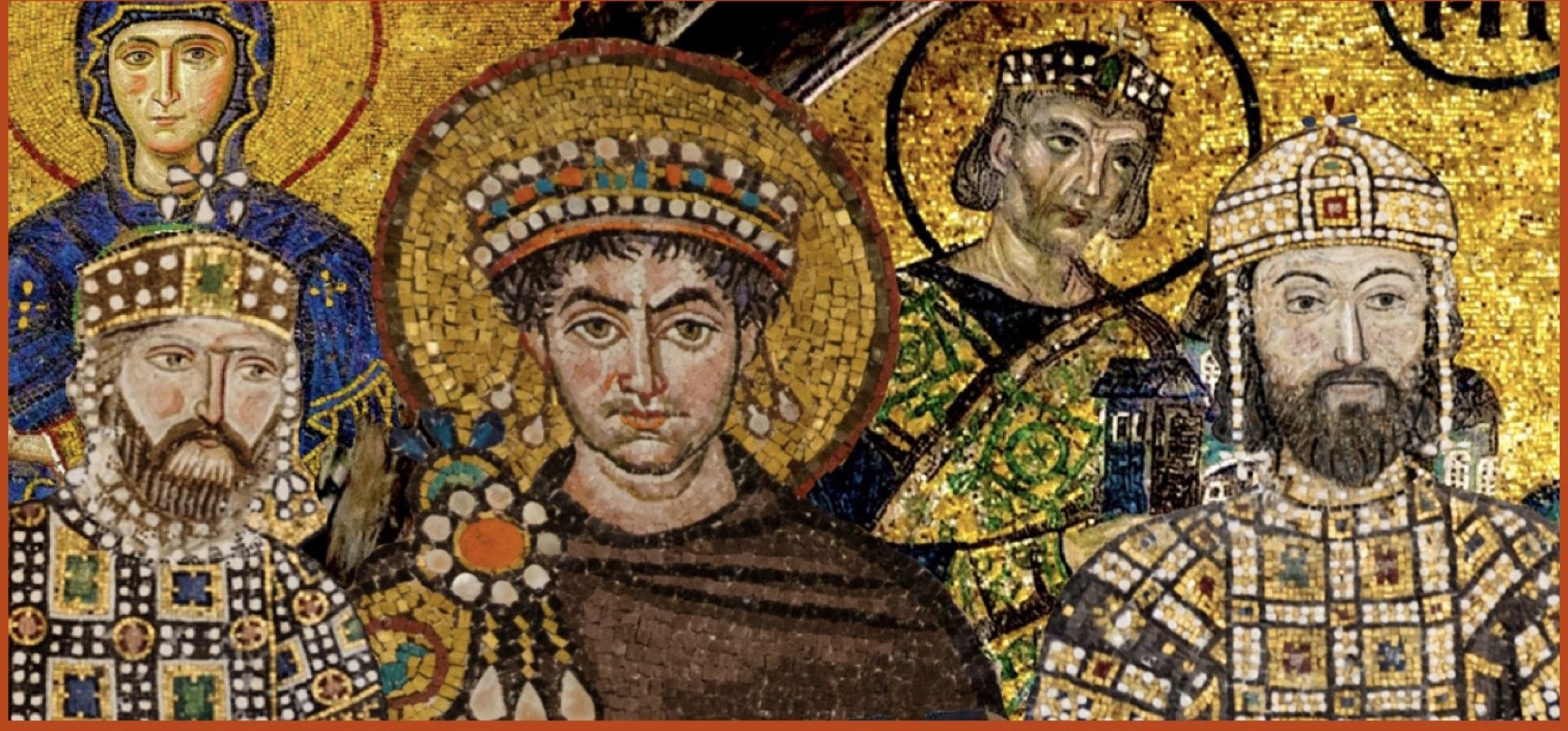Sometimes I wonder what went through the mind of Constantine XI Palaiologos in 1453 as he processed the fact that “the only hope left,” a “promised fleet from Venice,” wasn’t coming. Allegedly “Constantine broke down and wept” but also looked to God and the Theotokos for divine aid.

“The hope was dashed when a Venetian ship that had slipped out (ran through the Ottoman blockade) to reconnoitre came back to report that no fleet was to be seen.” To be honest, you must give credit to these scouts. They easily could have decided not to go back to Constantinople once they realized no fleet was coming, but they did their duty.

“The whole of Christendom, it seems, had deserted him in his fight against the enemies of the Cross. He committed himself and his city to the mercy of Christ, His Mother, and the first Christian Emperor, the holy Constantine the Great.” Naturally “the news that they would fight alone must have unnerved some of his Italian allies. Violence broke out among the Genoese and Venetian defenders.” Constantine, as shocked and full of sorrow as he when he heard the news, steeled his nerve and intervened “to remind them that they had a more important conflict on their hands.”
Constantine likely felt fear, dread, and anger at the events around him. He was paying the debt of his Palaiologan ancestors whom had overseen the decline of the Roman state – but he did what he could. “Constantine commanded that the most venerable icon of the Mother of God, protectress of the city, should be brought out and carried in procession around the streets.” In the final days and hours both Orthodox and Catholics “forgot their differences as they joined together in hymns and prayers.”
Constantine went to the Hagia Sophia to “pray and ask forgiveness and remission of his sins from every bishop present before receiving communion at the altar. The priest who gave the sacrament could not have known that he was administering the last rites” to the last ever Roman Emperor. Nor that it was the last time an Emperor would step in the Great Church. Constantine then “went back to his palace at Blachernai to ask for forgiveness from his household and bid them farewell before riding into the night to make a final inspection of his soldiers at the wall.”
And soon after on May 29 the final battle for the City occurred, and then the life of the Emperor and the Empire was all over.
SOURCE:
The Immortal Emperor: The Life and Legend of Constantine Palaiologos, Last Emperor of the Romans by Donald M. Nicol

